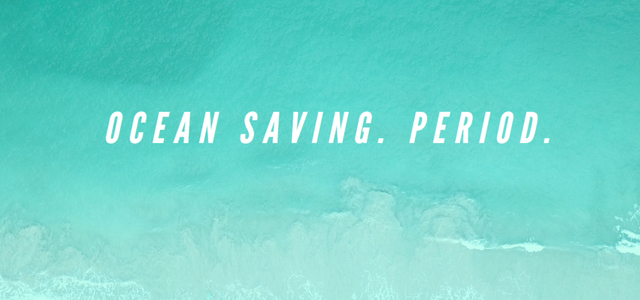
The startup “Vyld” wants to develop sustainable, fairly produced and healthy tampons. For this they use algae fibers. We took a closer look at them.
Ines Schiller and Melanie Schichan founded Vyld GmbH in 2021. They want to use algae fibers for their “Tangpons” (in English: “Kelpon”) – these are currently in the research and development phase.
With the algae tampons, the founders want to make menstruation more sustainable. At the same time, they want womenEmpowerment support and Period shaming to decrease. According to its own statements, the startup contributes to 12 of the 17 goals for sustainable development of the United Nations (2030 Agenda) at.
How sustainable and healthy are the algae tampons?
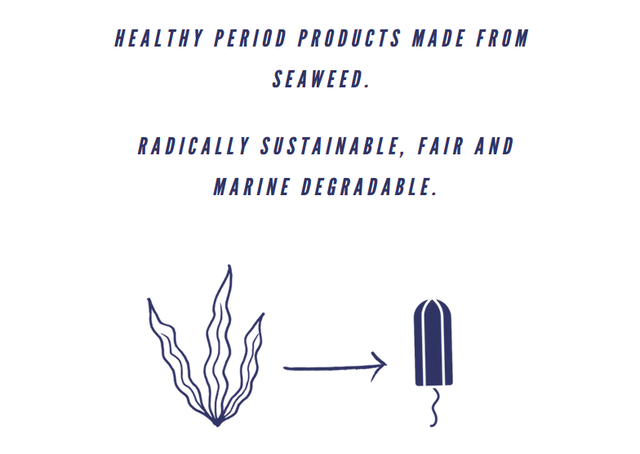
(Photo: Screenshot www.vyldness.de)
Many menstruating women find tampons handy. But the menstrual product also has disadvantages: it causes a lot of waste and can lead to toxic shock syndrome to lead. In addition, the cultivation of cotton for tampons uses a lot of water. Organic tampons at least have the advantage that no synthetic pesticides are used.
The founders of Vyld now also want to produce more sustainable tampons and rely on algae instead of cotton.
What the sustainability is concerned, the tampon material is supposed to be “algae”
- grow ten times faster than land plants and do without fertilizers, pesticides or freshwater,
- contribute to the restoration and de-acidification of marine habitats,
- large quantities CO2 and bind nitrogen and
- biodegradable and marine and therefore the Circular economy be accessible.
For the prototype, Vyld uses wild collected algae – those that the sea washes up anyway. In the long term, the two founders want to promote marine permaculture and thus cultivate the algae for their tampons in European seas. It is questionable whether these permacultures do not unnecessarily impair the marine habitat.
In relation to Use and health should the Tangpons
- be extremely absorbent,
- have little to no potential to cause allergies and
- have anti-inflammatory properties.
Founder Ines Schiller explains to SustainableJobs.de: “Studies indicate … that the risk [für das toxische Schocksyndrom] is significantly higher for tampons made of viscose and plastic – and 90% of the tampons on the market are made of it. We believe that we can reduce this risk during development and that our algae fibers can make a decisive contribution to the safety of tampons. ”Whether or not algae tampons are really better for your health remains to be seen.
Utopia says: Sustainable and healthy period products are important. For people who find tampons the most comfortable, Vyld can become a more sustainable alternative. Alternatively, you can use organic tampons. However, tampons are disposable – there are zero-waste alternatives.
There are other sustainable alternatives
There are various alternatives that you can use Zero waste come through the period:
- Menstrual sponge: how to use and clean it
- Menstrual cup: the garbage-free alternative to tampons and sanitary towels
- Period underwear: how recommendable are period panties?
- Sewing cloth bandages yourself – zero waste in menstruation
- Free bleeding: how free menstruation works
Leaderboard: Organic tampons, washable sanitary towels, menstrual cups & sponges
-
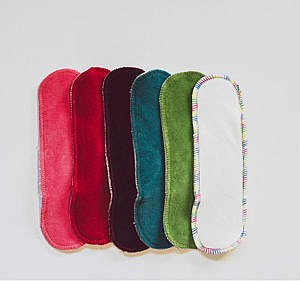 1st placeAlmo panty liners & sanitary towels
1st placeAlmo panty liners & sanitary towels
5.0
9
DetailAlmo **
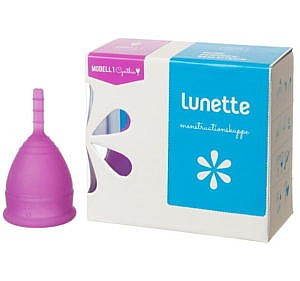 place 2Lunette menstrual cup
place 2Lunette menstrual cup
4.8
58
Detail Avocadostore **
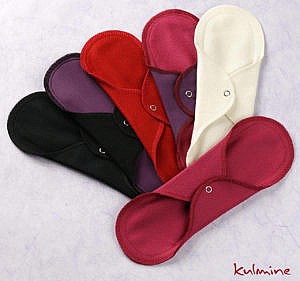 place 3Kulmine sanitary towels & panty liners
place 3Kulmine sanitary towels & panty liners
4.8
17th
DetailKulmine **
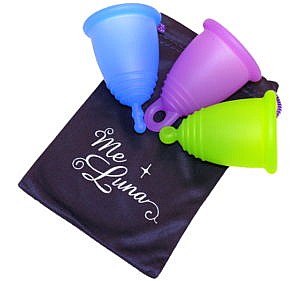 4th placeMe Luna menstrual cup
4th placeMe Luna menstrual cup
4.8
13
detail
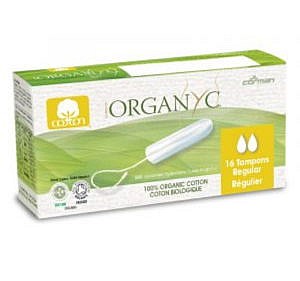 5th placeOrganyc tampons, pads & panty liners
5th placeOrganyc tampons, pads & panty liners
4.6
14th
Detail Avocadostore **
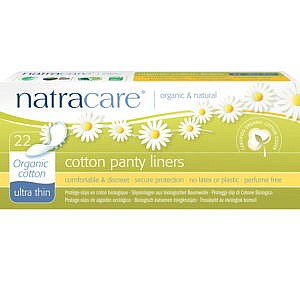 Rank 6Natracare tampons, pads & panty liners
Rank 6Natracare tampons, pads & panty liners
4.3
34
Detail Avocadostore **
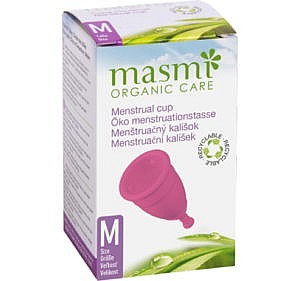 7th placeMasmi tampons, panty liners & menstrual cups
7th placeMasmi tampons, panty liners & menstrual cups
5.0
2
DetailBioNaturel **
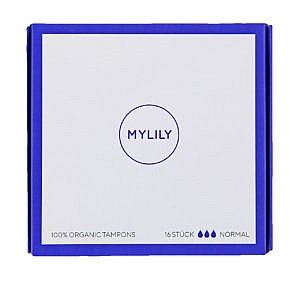 8th placeMylily organic tampons
8th placeMylily organic tampons
5.0
2
Detail Avocadostore **
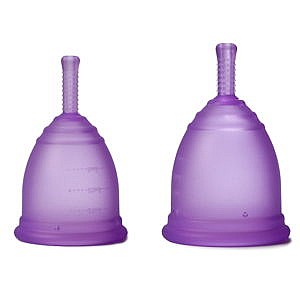 9th placeRuby Cup menstrual cup
9th placeRuby Cup menstrual cup
5.0
2
Detail Avocado Store **
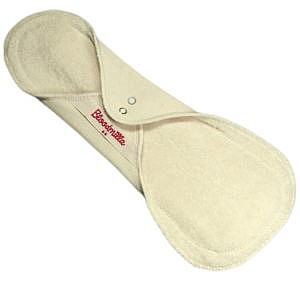 Place 10Bloodmilla panty liners & sanitary towels
Place 10Bloodmilla panty liners & sanitary towels
5.0
1
detail
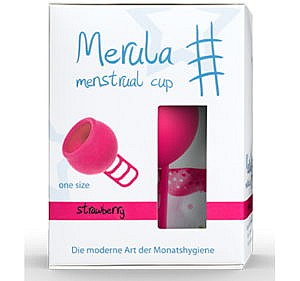 11th placeMerula menstrual cup
11th placeMerula menstrual cup
5.0
1
DetailAmazon **
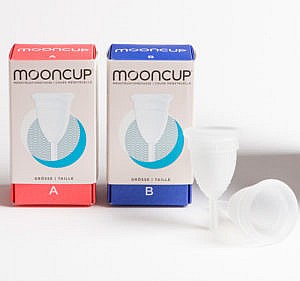 12th placeMooncup menstrual cup
12th placeMooncup menstrual cup
5.0
1
DetailKulmine **
Read more on Techzle.com:
- Menstrual cramps: these home remedies will help
- No money for tampons: why we need to do something about period poverty
- Algae in food, clothing and cosmetics – the material of the future?
Recent Articles
Related Stories